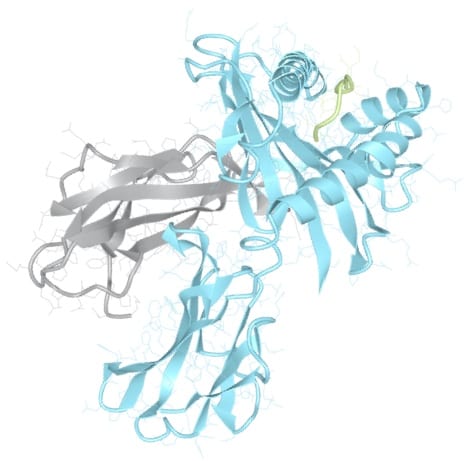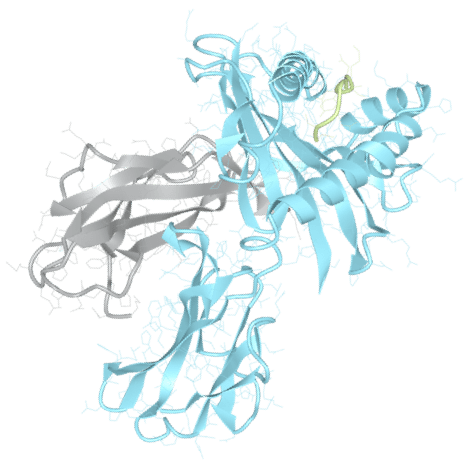HLA Protein Technologies Inc’s pioneering approach produces soluble forms of HLA Class I and II proteins (sHLA). These molecules support the development of diagnostic and therapeutic applications by creating properly configured and reproducible native HLA proteins in an industrialized and standardized process. This proprietary technology delivers naturally glycosylated, endogenously loaded, natively folded, recombinant molecules lacking transmembrane and cytosolic domains, that are synthesized in mammalian cells and purified using affinity chromatography.
TECHNOLOGY
Soluble HLA Technology


PRODUCTS & SERVICES
Choose from a range of HLA products and services
Soluble HLA Proteins Class I
Mammalian produced, endogenously loaded, and naturally folded recombinant soluble HLA Class I proteins
Soluble HLA Proteins Class II
Mammalian produced, zipper stabilized, endogenously loaded, and naturally folded recombinant soluble HLA Class II proteins
Peptide Validation and Screening Services
Competition-based HLA peptide binding assays for the validation and screening of putative T cell epitopes

WHO WE ARE
About us
HLA Protein Technologies Inc is an HLA company that has developed comprehensive analytical capabilities in the field of human leukocyte antigen (HLA) immunology and an approach to produce soluble forms of the HLA molecule (sHLA). HLA Protein Technologies Inc provides technology and expertise to advance novel therapies and diagnostic tools across a wide range of applications, covering areas of antibody mediated rejection in transplantation and peptide epitope based therapeutics in oncology, autoimmunity, and infectious diseases.


